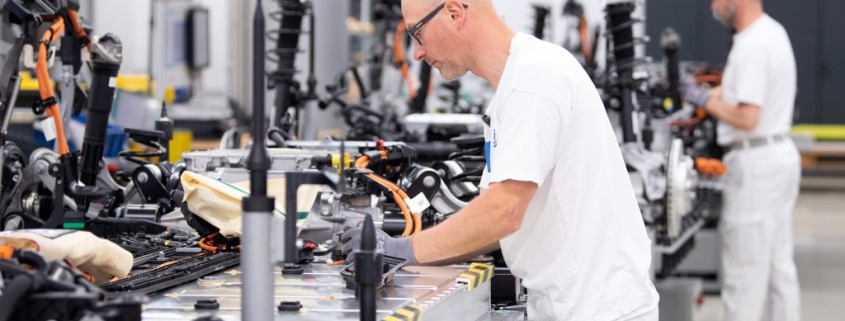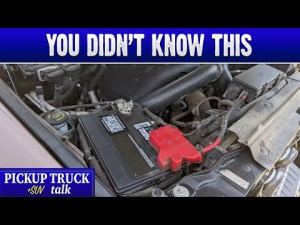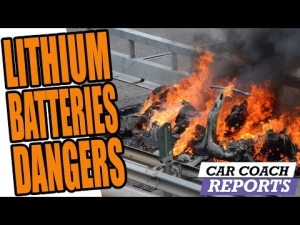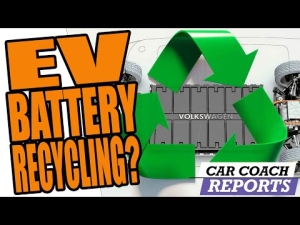How Are We Going to Recycle EV Batteries?
I’m sorry, but I’ve got to be a bit of a downer here. Our climate is ruined. We’ve failed to put in place any of the necessary measures to combat it, from carbon taxes to higher pollution restrictions. Now, it’s about mitigating the effects of our misuse of this planet. The most publicly seen of those measures is the widespread adoption of electric vehicles. But what happens when those massive EV batteries go bad? How do we keep those toxic components from leaching into our already ruined environment? And can we recycle them?
EV batteries aren’t like normal batteries
In some ways, EV batteries function just like normal ones. They store energy, then discharge it. Moreover, just like your cell phone, they can be charged. However, just like your cell phone, they also lose some of that rechargeability over the years. To be clear, I’m not talking about a “right-effin’-now” problem. Remember, the Tesla Model S is just barely nine years old. That said, climate change wasn’t a “right-effin’-now” problem until it became one right under our noses.
Point being, eventually those second or third EV owners will start to run into that rechargeability issue. And that’s closer than we think. Paul Anderson, Professor of Materials Sustainability at the University of Birmingham told the BBC that “In 10 to 15 years… it’s going to be very important that we have a recycling industry.” That’s where EV batteries differentiate from normal car batteries. They’re hard to recycle.
Some manufacturers are ahead of the game

Dr. Anderson goes on to says it’s difficult to know how many of these batteries are recycled. That’s partly because EVs are still so new. However, he estimates it’s around 5%, or in other words, not enough. However, there is some hope here. Tesla announced they’re already planning for this eventuality, and we’d best hope this isn’t another one of Elon’s classically vague “The Cybertruck is coming“-type statements. We need this. Badly.
There’s yet more hope, as nickel, a common component in EV batteries is very flexible. Meaning, it can be recycled rather easily. That’s according to the Nickel Institute, “a global association of leading primary nickel producers.” Both VW and Nissan also use their old EV batteries to power objects in their factories, so more good news there. However, we have yet to address one critical aspect of EV battery recycling. We need to hold automakers accountable.
Simply put, we have to do more

Tesla produces a massive quantity of EVs, currently still the largest in the market. As such, we need to make sure this isn’t another Cybertruck scenario, where deposits were taken years ago for a car that’s supposedly being made in a factory that doesn’t exist yet. Tesla and other automakers need to be accountable for the damage their mining practices cause on the production end, and the end-of-life battery cycle cannot end in a landfill. If it does, we’re back at square one with the climate crisis.
RELATED: California Won’t Let You Register Your Car if It’s Tuned
The post How Are We Going to Recycle EV Batteries? appeared first on MotorBiscuit.







